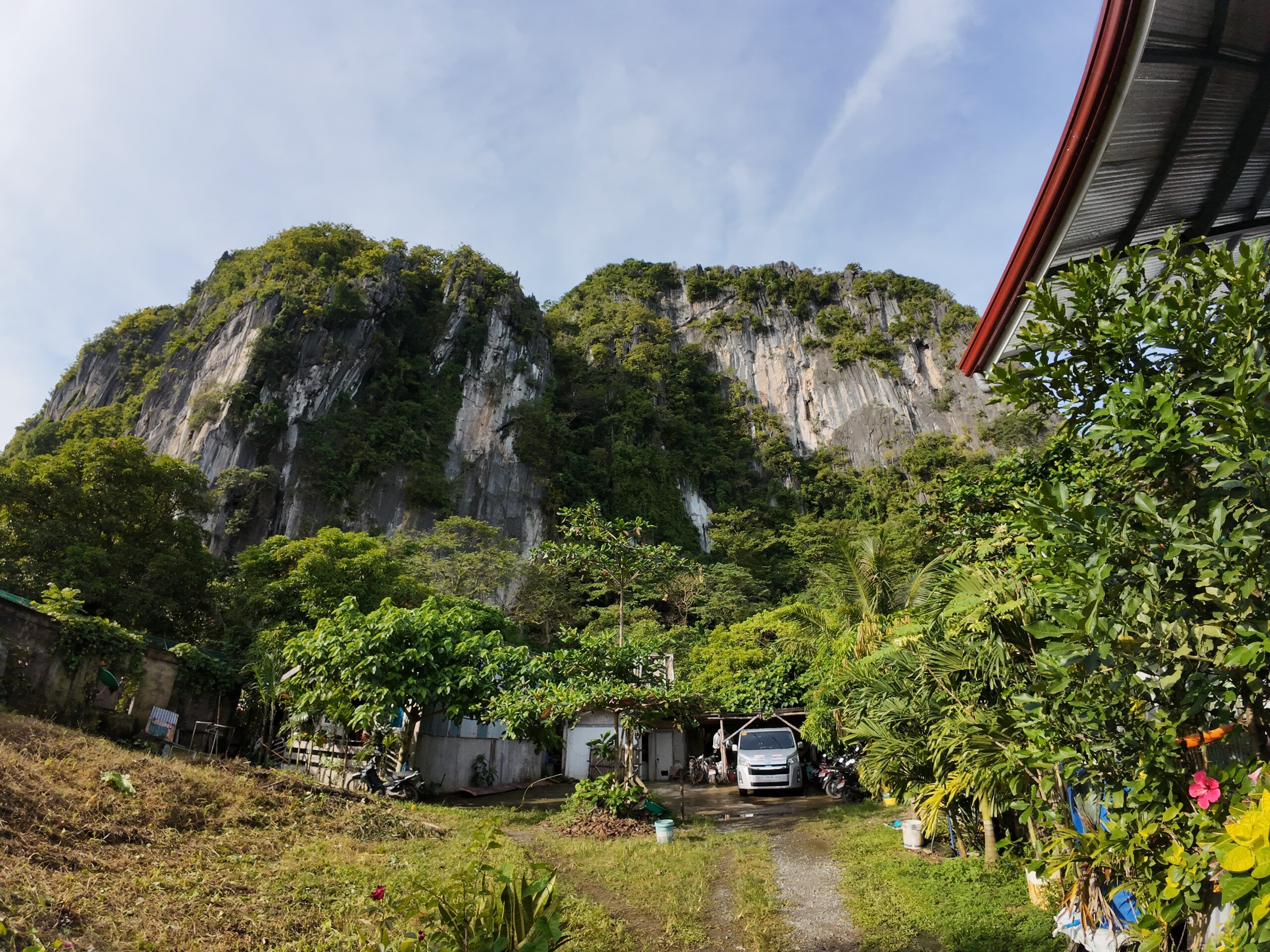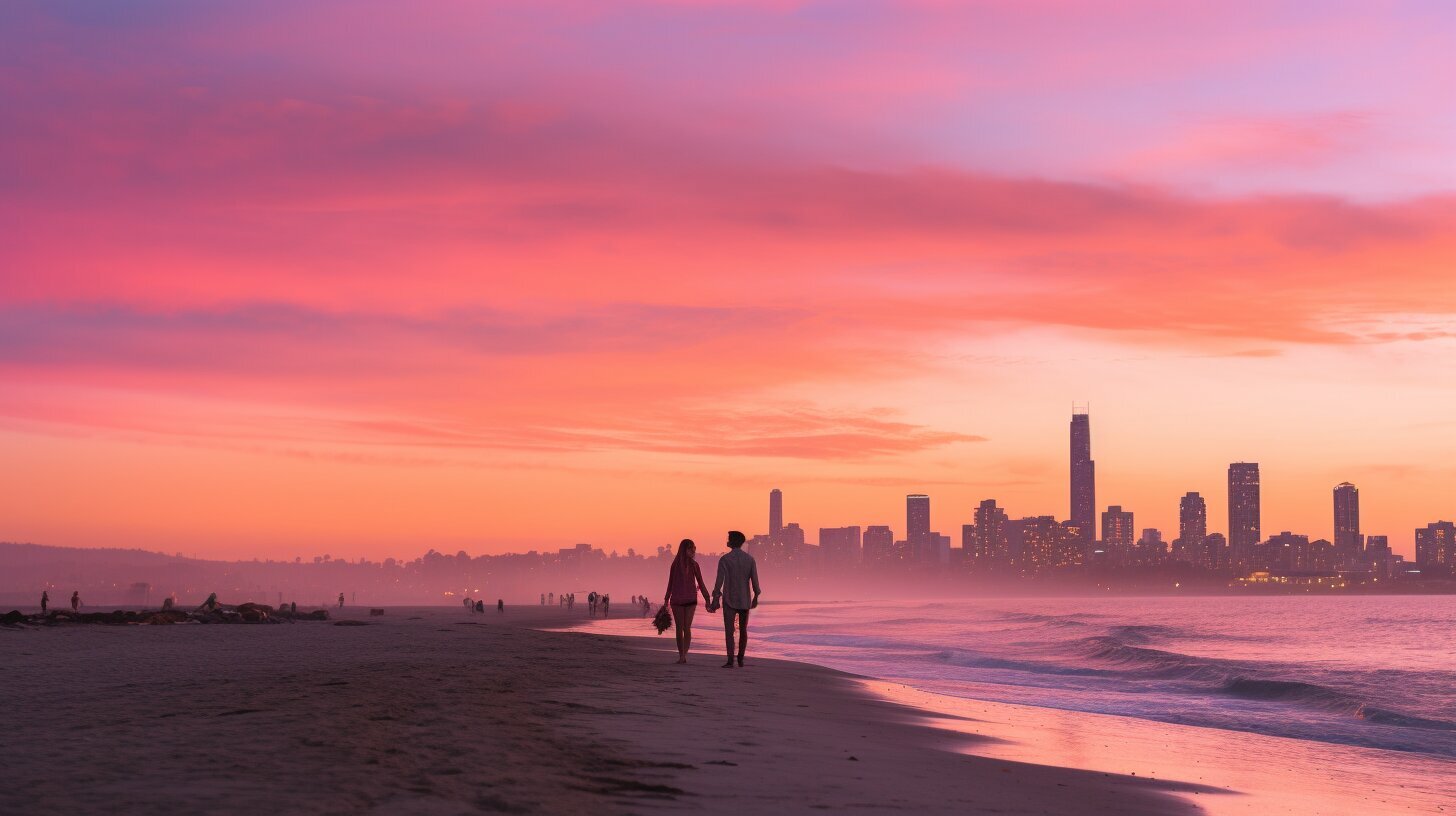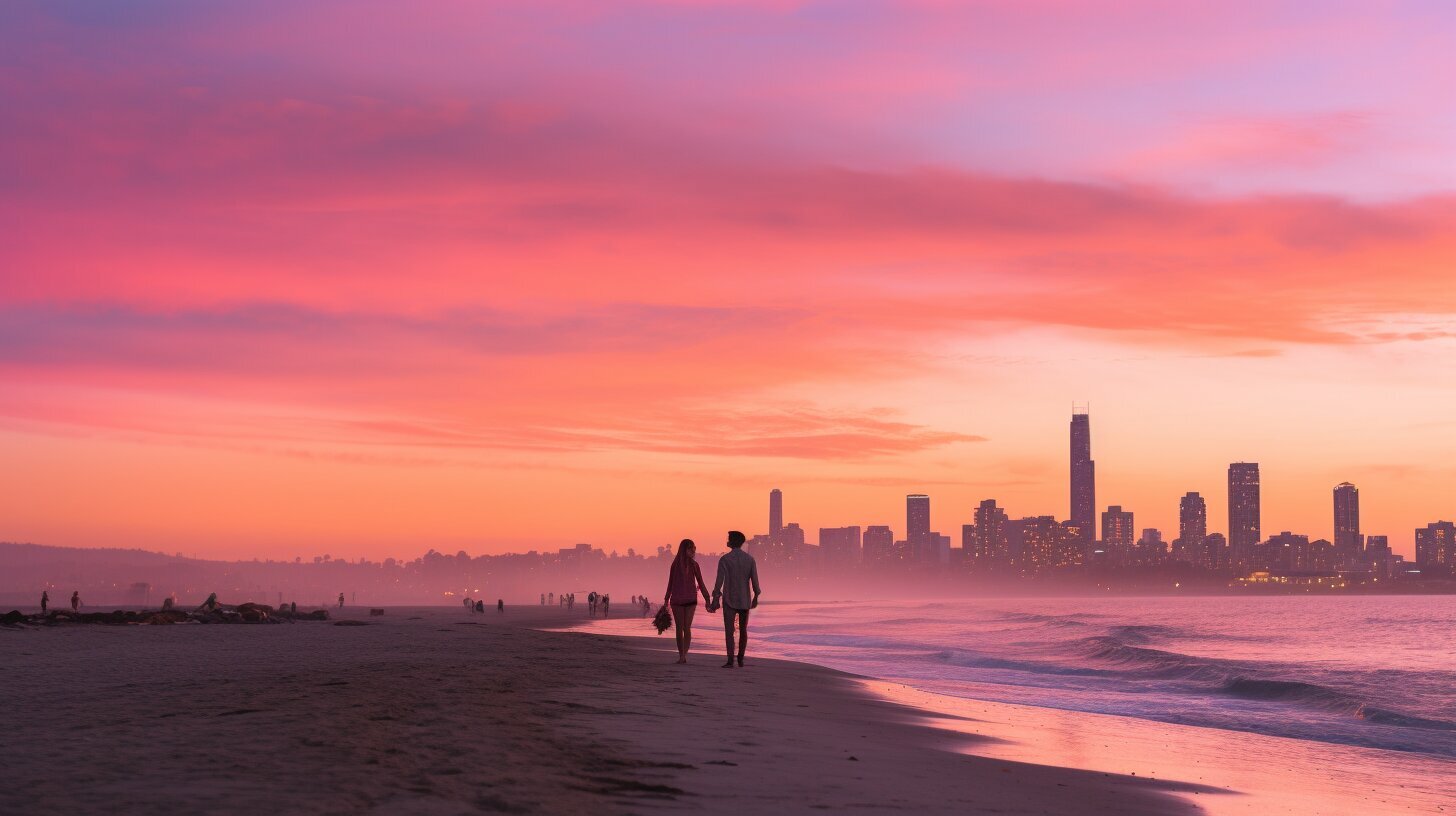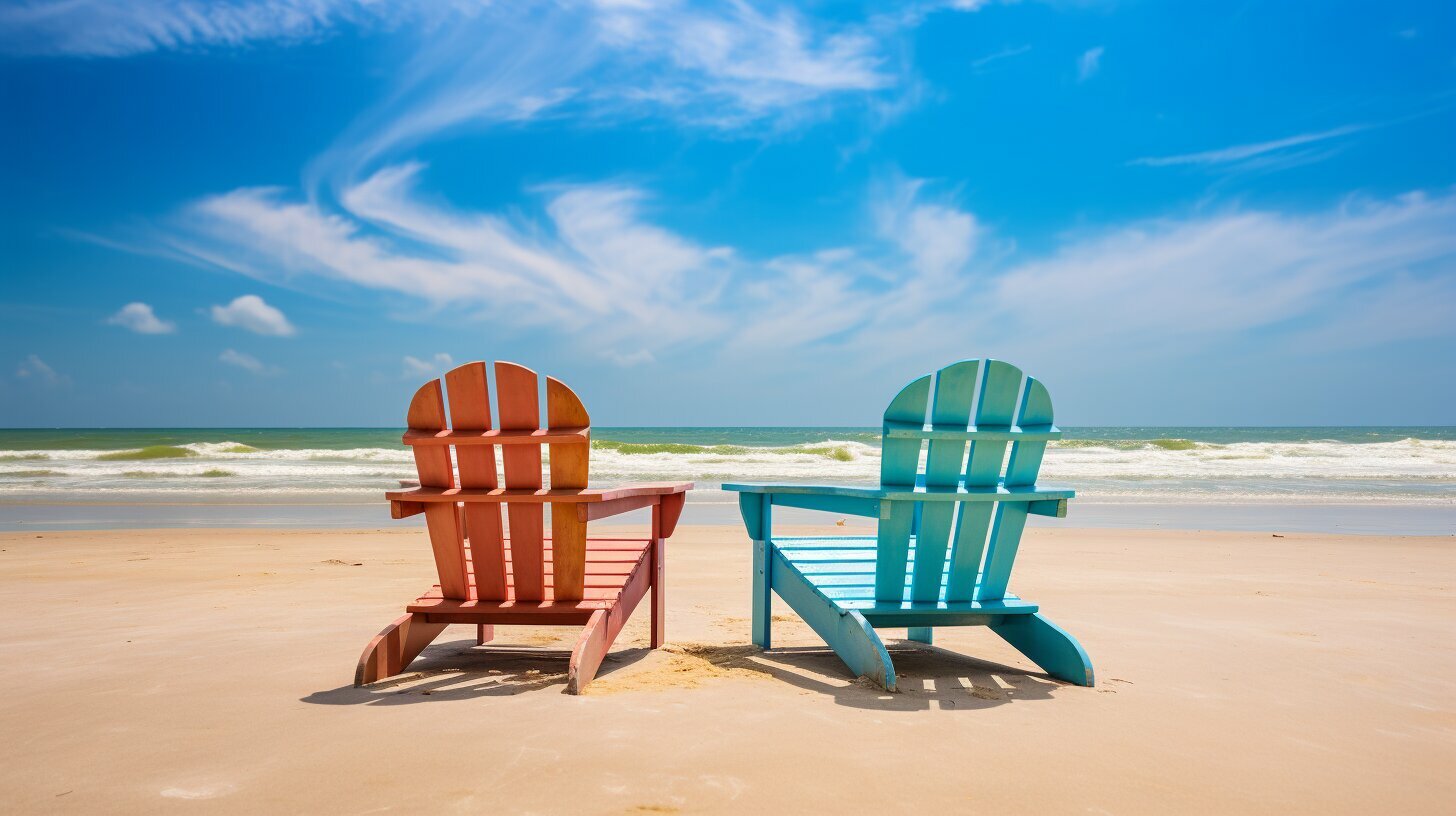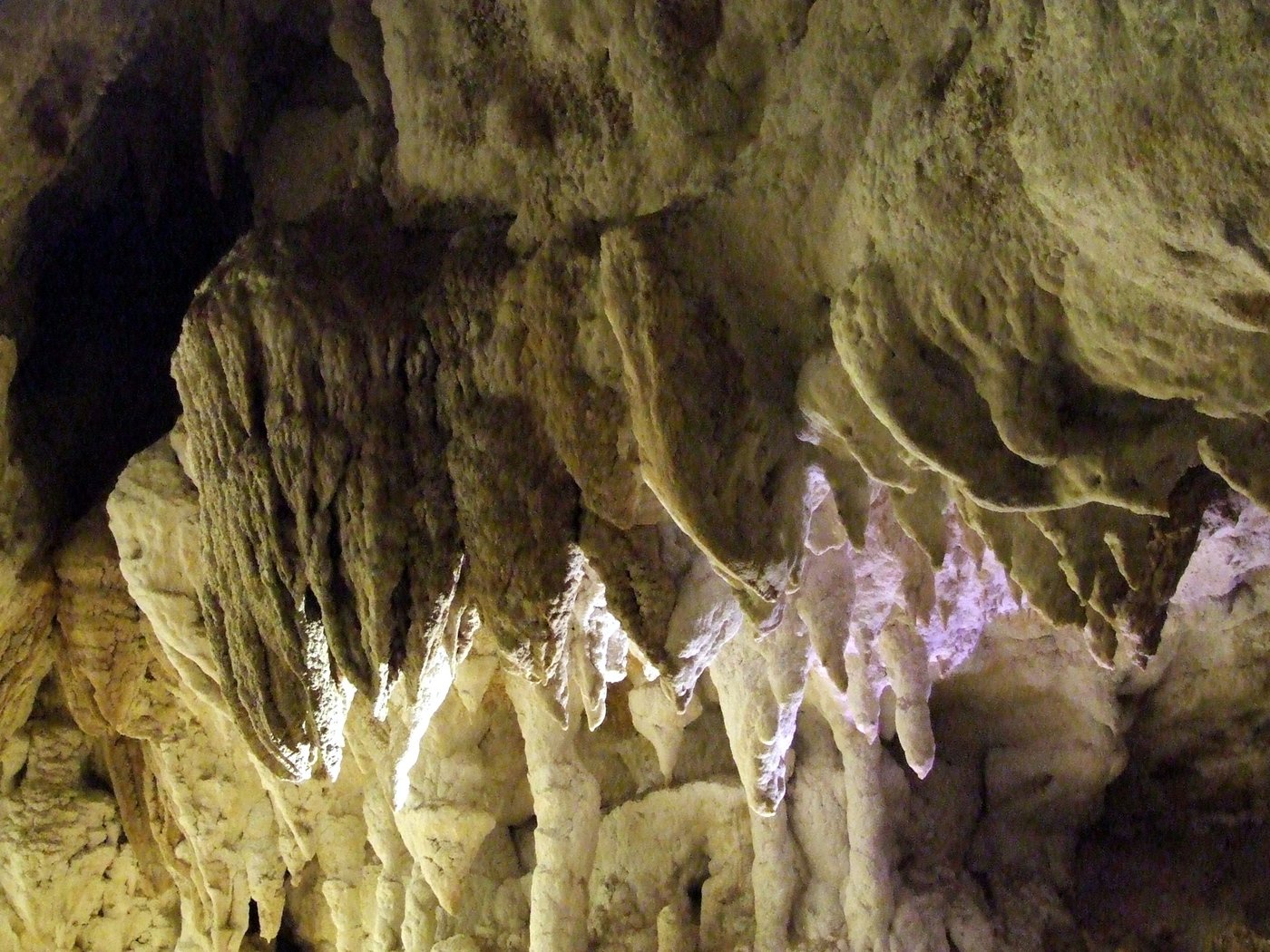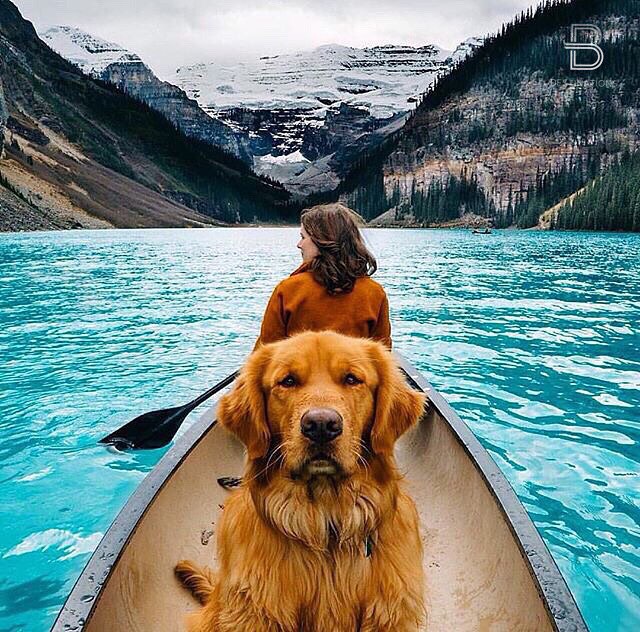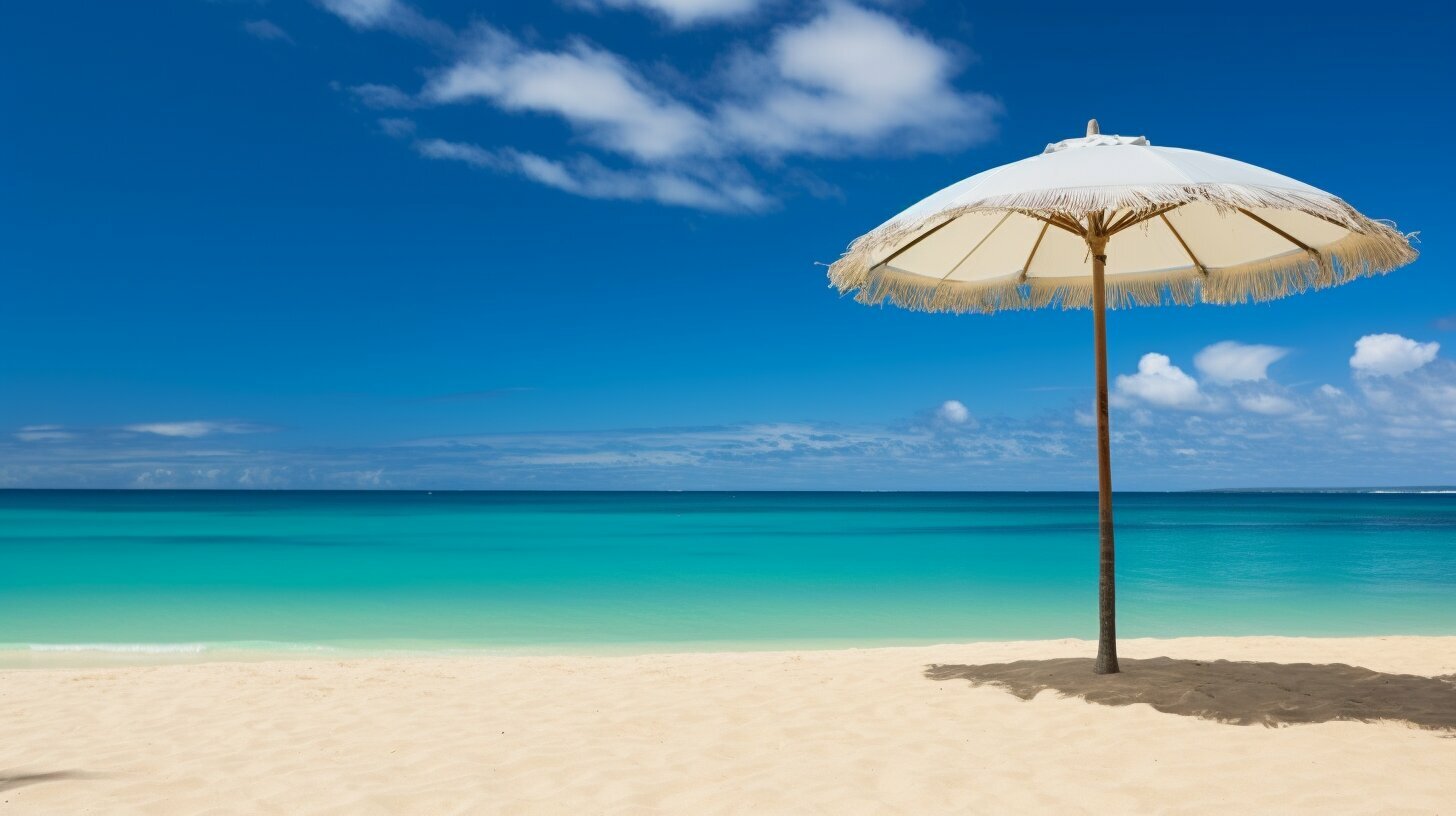
Discover the 20 Most Beautiful Beaches in Oahu Today!
Are you ready to uncover the 20 most beautiful beaches in Oahu and embark on the ultimate beach vacation? Oahu, the most popular of the Hawaiian Islands, is home to an abundance of stunning beaches that will leave you in awe. From crystal clear waters to soft golden sands, Oahu beaches offer a truly picturesque…
